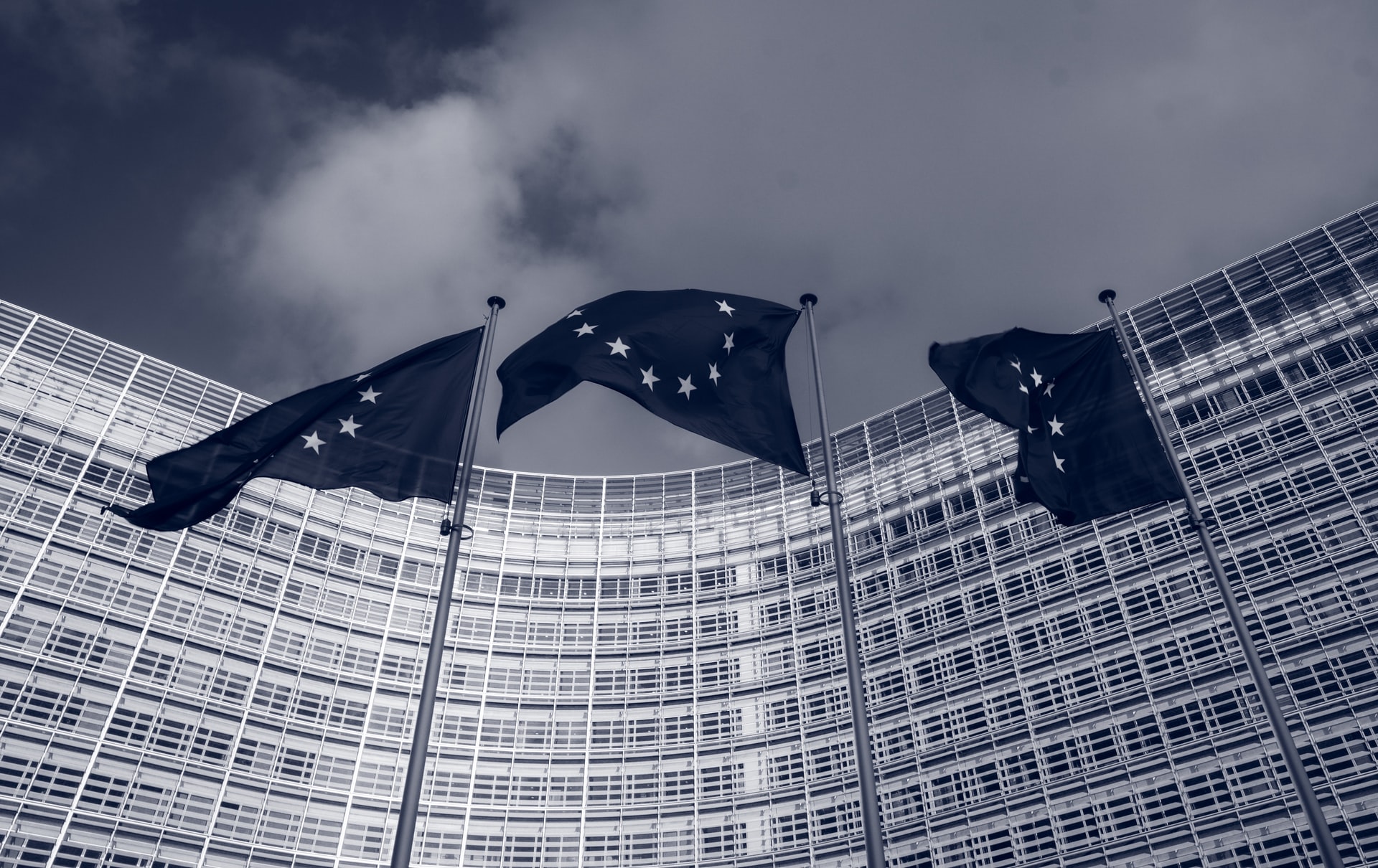A revision of the EU Emission Trading System (ETS) offers no solution for exports, leaving market participants worried about carbon leakage, Fastmarkets heard on Monday December 19.
On Sunday December 18, Members of the European Parliament (MEPs)and EU governments agreed to the revision of the ETS, offering a number of solutions to prompt the uptake of new technologies to decarbonize the steel industry.
However, no solution was offered for the EU steel export industry, which is worth €45 billion, raising more concerns among European steel market participants.
European steel association Eurofer expressed concerns about the export markets.
“If no concrete solution is found by 2026, €45 billion steel exports are at existential threat, due to the exponentially increasing carbon price in the EU that has no equivalent in the domestic markets of our major trading partners. It is essential that EU institutions revert to this issue as soon as possible in the foreseen review process to deliver an effective measure,” Eurofer Director General Axel Eggert said on Monday.
European steel market sources are worried about the competitiveness of Europe-origin steel in overseas markets, claiming that free allocations should be preserved for exported steel products.
“The EU authorities yet again failed to suggest an adequate measure for steel exports. We should keep in mind that Europe is a pioneer in decarbonization. It will be hard for European mills to compete in overseas market while they are faced with carbon costs their competitors don’t have to pay. That will only lead to carbon leakage [an increase of emissions outside the EU because of EU climate policies],” a mill source in Northern Europe told Fastmarkets
“The steel sector reiterates its call on EU policymakers to find a solution for exports under the CBAM [Carbon Border Adjustment Mechanism], allowing for the continuation of free allocations for all exported products, while supporting the Council proposal on the free allocation phase-out trajectory for CBAM goods sold on the EU domestic market,” Eurofer said earlier this month.
The carbon permit price in the EU was around €90 per tonne in December 2022, up from around €70 per tonne in November 2022. EU carbon permits prices reached an all time high of €99.22 in August 2022.
In 2021, EU member states exported 18.4 million tonnes of carbon steel, slightly down from 18.8 million tonnes in 2020, according to Eurofer data. In the first ten months of 2022, steel exports from the bloc amounted to 13.2 million tonnes.
“We did attempt to export [hot-rolled coil] this year because of the weak domestic market, but we were unable to offer competitive prices, given high costs of production, including the energy and carbon costs,” a second EU mill told Fastmarkets.
ETS agreement recap
Under the newly-reached agreement, the phase-out of free allowances to industries in the ETS will start with a 2.50% cut in 2026. By 2030 free allocations will be cut nearly in half (down by 48.50%), while by 2034 the free carbon allowances will be completely eliminated.
CBAM, which MEPs and EU governments reached an agreement on last week, will start in 2026 and be fully phased in by 2034.
Emissions in the ETS sectors must be cut by 62% by 2030, compared to 2005, according to a European Parliament release, a massive rise from the previous target of 43%.
By 2025, the European Commission shall assess the risk of carbon leakage for goods produced in the EU intended for export to non-EU countries and, if needed, present a WTO-compliant legislative proposal to address this risk.
Markets sources again said that decision on exports is needed sooner, otherwise the European steelmakers would be unable to continue sell steel outside the bloc.
The European Parliament and the European Council will have to formally approve the agreement before it is implemented.
Published by: Julia Bolotova






